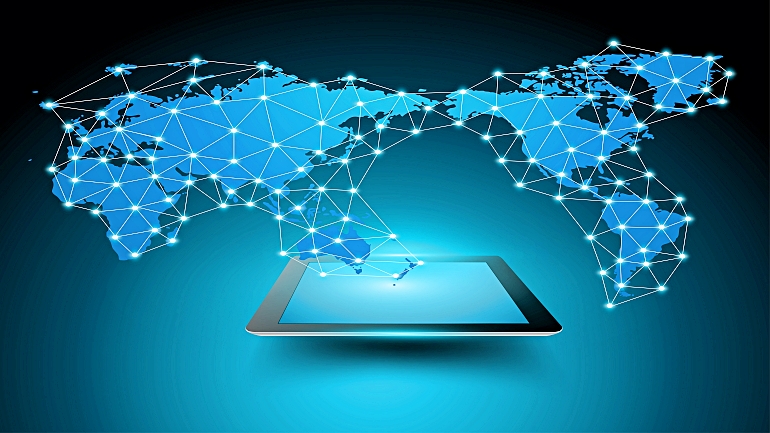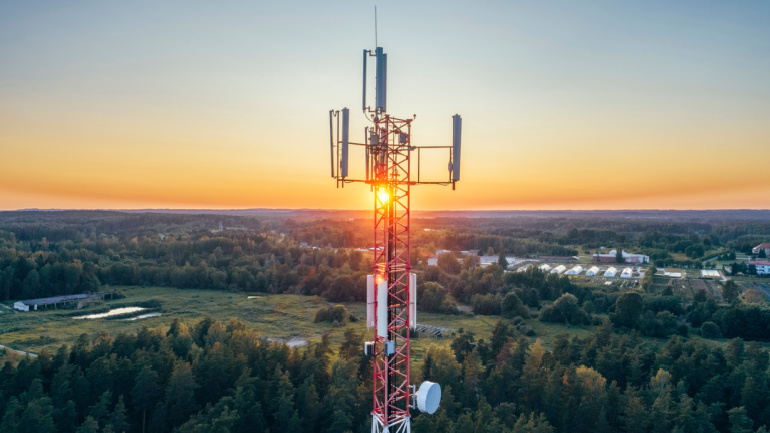Bouygues Telecom’s acquisition of La Poste Telecom marks a pivotal shift in the telecoms landscape. As France’s leading MVNO with 2.4 million subscribers, this strategic buyout positions Bouygues Telecom for enhanced market penetration.
French operator Bouygues Telecom and US-based TeleSign Corporation, a provider of user verification and Communications Platform as a Service (CPaaS) solutions owned by BICS (Belgacom International Carrier Services), have agreed on a new partnership. Under the agreement, Bouygues Telecom will gain access to TeleSign’s mobile identity products to protect its users from online identity theft and fraud activities such as Account Takeover (ATO) through SIM Swap and Synthetic Identity fraud. In the press release announcing the deal, Ravish Patel, Director of Mobile Identity at TeleSign, claimed that Mobile Identity represents a massive opportunity for mobile operators to play an important role in today’s digital disruption. “TeleSign has been working with mobile operators, guiding them on key aspects around the opportunity, use cases and privacy principles,” commented Patel. The announcement also points to breakthrough innovations in the European digital market in recent years, as more and more digital businesses…
Bouygues Telecom is set to challenge the balance within French telecommunications with a €963.4 million bid to fully acquire La Poste Telecom. Currently split between La Poste Group and SFR, the potential ownership change will significantly boost Bouygues’ customer base and reinforce its position in both mobile and fixed services.
Phoenix Tower International has bolstered its French network with two acquisitions totaling 1,978 sites, strategically placed in populous regions. With the latest addition of SFR-hosted and Bouygues Telecom sites, PTI’s French portfolio now stands at 3,600 sites which is expected to surpass 5,000 within two years. CEO, Dagan Kasavanas highlighted how these acquisitions will enhance wireless connectivity across France, positioning the country as a key player within PTI’s 21-country operation range.
ITU platform to protect networks during Covid-19 The International Telecommunications Union (ITU) has introduced the Global Network Resiliency Platform to help global networks remain “safer, stronger and more connected” in the face of increasing strain and growing demand during the coronavirus crisis. ITU Secretary-General Houlin Zhao said, “The new platform will assist governments and the private sector in ensuring that networks are kept resilient and telecommunication services are available to all.” Also, this platform will collect relevant information and expertise on actions that telecommunication policymakers and others in the regulatory community can use to ensure that their telecom networks serve the needs of their country. Read more at https://tinyurl.com/vam4enm Remote working triggers demand for chips, laptops, and network goods As more and more employees switch to remote work during the outbreak of coronavirus disease, the demand for laptops, networking goods and supply chain components has increased substantially. Therefore, electronics retailers and…
A towering success: Cellnex revenue tops €1bn Cellnex Telecom’s revenue for 2019 exceeded EUR 1 billion with 67.5 percent of total income coming from infrastructure services it provides to operators. The Spanish wireless infrastructure operator currently owns 36,471 operative sites in eight European countries and plans to add 28,000 more as a result of ongoing acquisition deals pending completion. Cellnex has also announced a partnership with Bouygues Telecom to help them deploy their 5G network. The two companies have agreed to create a joint venture (51 percent Cellnex and 49 percent Bouygues Telecom) that will deploy and operate a fiber network connecting infrastructure equipment across France. Read more at https://tinyurl.com/s6fmz4h Google plans to invest $10 billion in US offices and data centers in 2020 Google has unveiled its plans to invest more than USD 10 billion in offices and data centers across the United States in 2020. Google and Alphabet…
An independent news platform Telecoms.com has recently published its Annual Industry Survey 2019, with the main focus being on topics such as industry updates, 5G rollout, digital transformation, the Internet of Things (IoT), as well as the modernization of Operations Support Systems (OSS) and Business Support Systems (BSS). The survey, covering the industry landscape over the last 12 months and projecting into 2020, has revealed an optimistic forecast that is mainly supported by the launch of 5G commercial services, innovations and progress in other important areas of the industry. According to the report, the single biggest change in the industry landscape over the past year was the deployment of commercial 5G services in different parts of the world. Regardless of the fact that the best-selling service is high-speed Internet access (mobile and fixed), B2B services, including 5G serving other vertical industries, will undoubtedly play a much more significant role…
Phoenix Tower International’s acquisition of NOVEC’s German unit offers a lucrative entry point into a high-potential European market, despite a downturn in mergers and acquisitions within the tower sector. This pivotal move solidifies Phoenix Tower’s expansion strategy, leveraging Germany’s stature as Europe’s largest economy and a global wireless build-out hub. Intriguingly, Phoenix’s bold move contrasts with rivals like Cellnex, who have curbed spending due to financial pressures. This daring feat underscores the fluidity and continuous evolution in the telecommunications infrastructure sector.
Telecom alliance Alaian is partnering with chip manufacturer Qualcomm to empower start-ups specializing in Extended Reality (XR). The alliance, comprising of seven telecom giants along with towerco Cellnex, targets initiatives involving metaverse, virtual platforms, and various services or applications from all over the globe. Despite a lukewarm response to the metaverse and the disappearance of mixed reality from the limelight, the conglomerate remains optimistic. Future XR experiences can greatly benefit from the expertise and resources provided by co-operating with Qualcomm.













